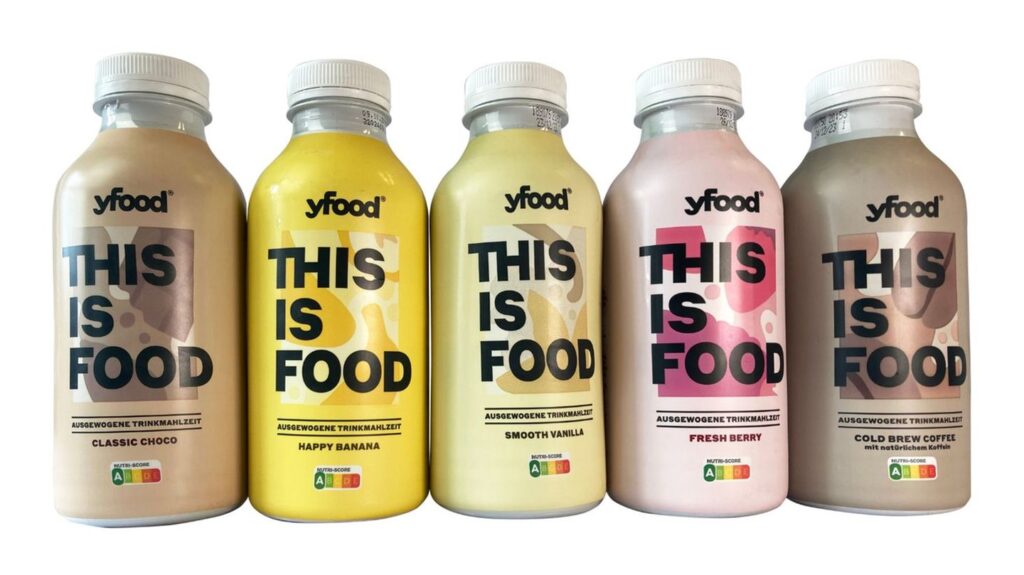

Image © Foodwatch
20 years ago if you asked someone how they were, they would answer: “good!”. Today, the answer is: “busy”. Our modern dilemmas of lack of time and addiction to convenience do not seem to be going away, even with the ability to work from home, but only amplified. Meal replacement shakes have gained significant popularity as a quick and efficient way to meet nutritional needs.
What are Meal Replacement Shakes?
Meal replacement shakes are specially formulated beverages designed to provide a balanced mix of macronutrients (proteins, carbohydrates, and fats), vitamins, and minerals in a convenient, easy-to-consume drink. These shakes are often marketed as a quick and efficient way to replace one or more regular meals while ensuring that the body receives essential nutrients.
Benefits of Meal Replacement Shakes:
- Convenience: One of the primary advantages of meal replacement shakes is their convenience. They require minimal to no preparation and can be consumed on the go, making them an ideal option for busy individuals with hectic schedules.
- Portion Control: Meal replacement shakes typically come in pre-portioned servings, helping individuals manage their calorie intake and maintain portion control. This can be particularly beneficial for those aiming to lose or maintain weight.
- Nutrient Density: Many meal replacement shakes are formulated to be nutritionally dense, providing a well-balanced mix of vitamins, minerals, and other essential nutrients. This can be especially helpful for individuals who struggle to meet their nutritional requirements through regular meals alone. Goodness knows its hard to get enough fiber with our diet high in processed food.
Considerations Before Incorporating Meal Replacement Shakes:
- Whole Foods vs. Supplements: While meal replacement shakes can offer convenience, they should not replace whole, nutrient-dense foods entirely. It’s essential to view them as a supplement rather than a complete substitute for whole meals.
- Check the Ingredients: Not all meal replacement shakes are created equal. It’s crucial to scrutinize the ingredients list to ensure that the shake aligns with your dietary preferences and goals. Look for shakes with minimal added sugars, artificial additives, and high-quality protein sources.
- Individual Nutritional Needs: Everyone’s nutritional needs are different. Before incorporating meal replacement shakes into your routine, consider consulting with a healthcare professional or nutritionist to ensure that they align with your individual requirements.
Conclusion:
If you are dismayed at the sugary snack selection of your high school vending machine or the same old snacks at your tech job, meal replacement shakes could be a healthy alternative and tide you over until you can have a proper meal with friends or family.



